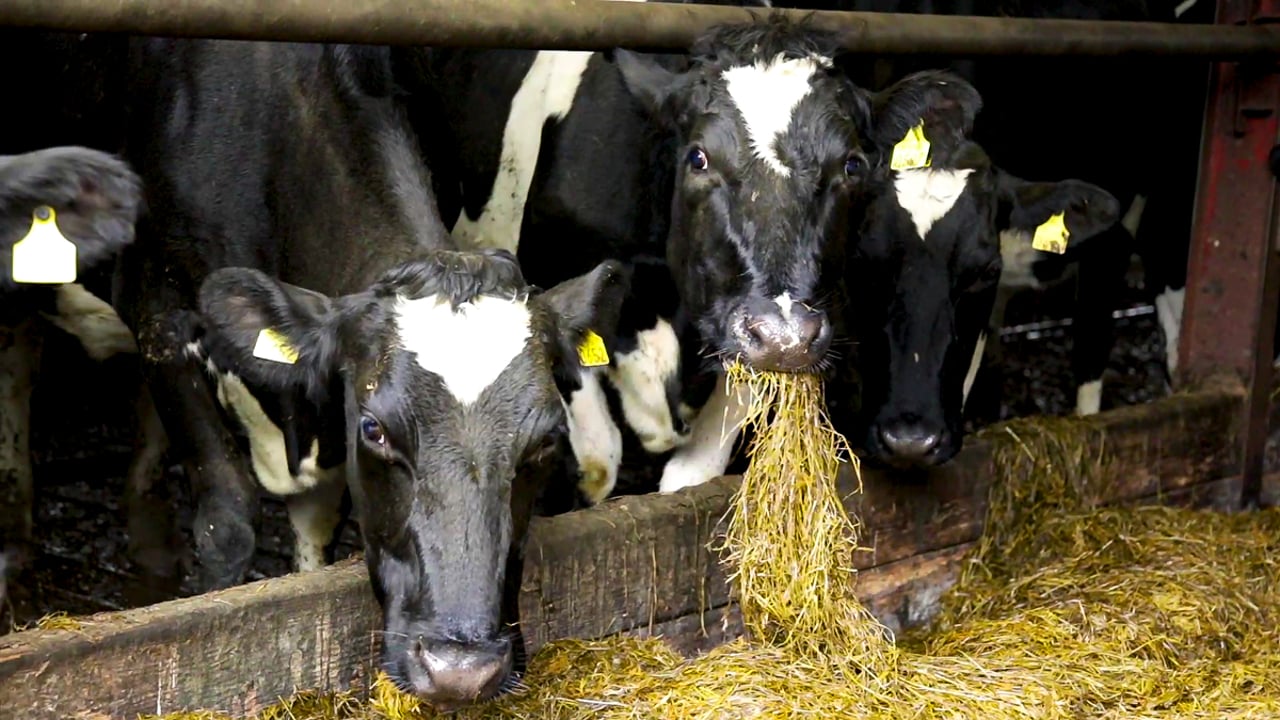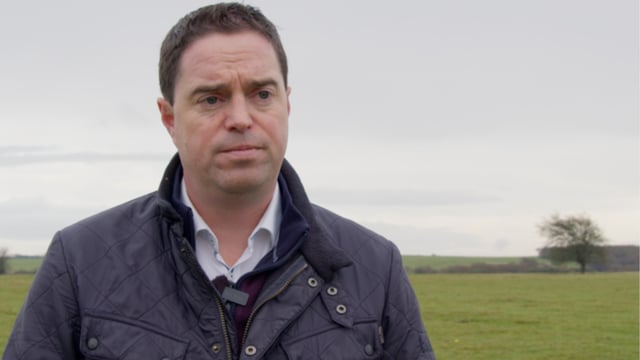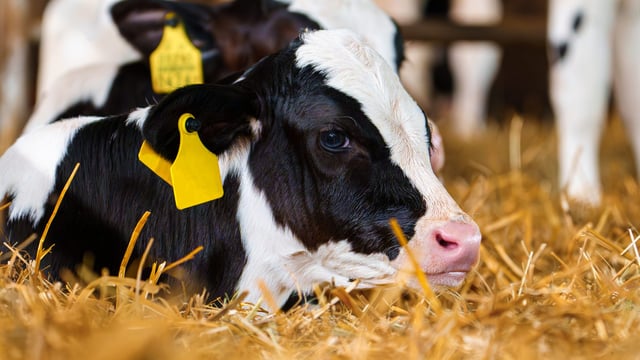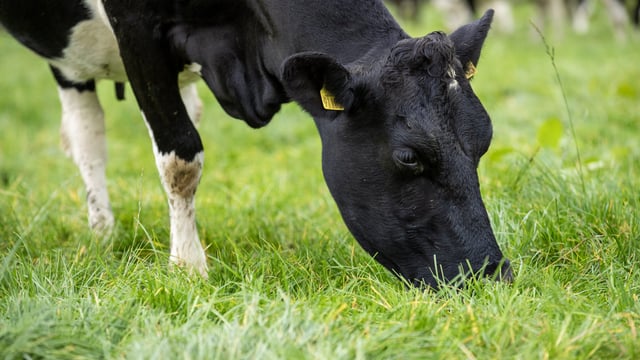Habitats Directive not mentioned in commission meetings - DII
Dairy Industry Ireland (DII), which represents the dairy processing sector, has said that the latest development on the future of the nitrates derogation was never previously mentioned in any meetings with European Commission representatives.
It emerged yesterday (Monday, July 7) that the European Commission has told Ireland it “must demonstrate compliance” with the Habitats Directive when granting farmers a nitrates derogation.
Under the Habitats Directive any plan or project “likely to have a significant effect on a designated site or species” must be subject to Appropriate Assessment of its implications for the site.
The European Court of Justice has ruled that the “grazing of cattle and/or the application of fertilisers on the surface of land or below its surface” in the vicinity of Natura 2000 sites may be classified as a "project".
News that the granting of a nitrates derogation will be tied to compliance with the Habitats Directive has come as a shock to dairy sector stakeholders.
Responding to this development, DII said that Irish farm families have "delivered real, measurable improvements in water quality".
DII director Conor Mulvihill said that these improvements are indicated by reports from the Environmental Protection Agency (EPA), and are in line with the requirements set out by previous European Environment Commissioner Virginijus Sinkevicius.
"Yes despite this trojan effort, the regulatory goalposts have been unfairly shifted," he added.
"We also have met officials in the current commission at all levels in Ireland and in Brussels, including [Current Environment Commissioner Jessika Roswall], and not once was this additionally mentioned despite the Nitrates Directive being in existence since the early 1990s.
"Forcing this process on Ireland, where it was not needed...for decades is unjust and disproportionate. There is no environmental gain here, only bureaucratic burden," Mulvihill said.
The DII director claimed that this additional hurdle to granting derogations is "not about nature and water".
"It's about ticking legal boxes and I think the public will see through this," he added.
"This approach risks undermining trust with the unbelievable and scientifically measurable work our farm families have delivered in recent years here.
"We fully accept [Minister Martin Heydon] and his officials are working in good faith with these proposals and the Irish agri-community will not be found wanting, with the EPA itself confirming that greenhouse gas emissions, nitrates levels and ammonia [are] all going in the right direction," Mulvihill said.
The DII director called for a "very strong parallel process" - based on science, legality and "most of all fairness" - to be pursued in advance of agreeing to an Appropriate Assessment model "where there is absolutely no evidence of any environmental benefit to come from same".





